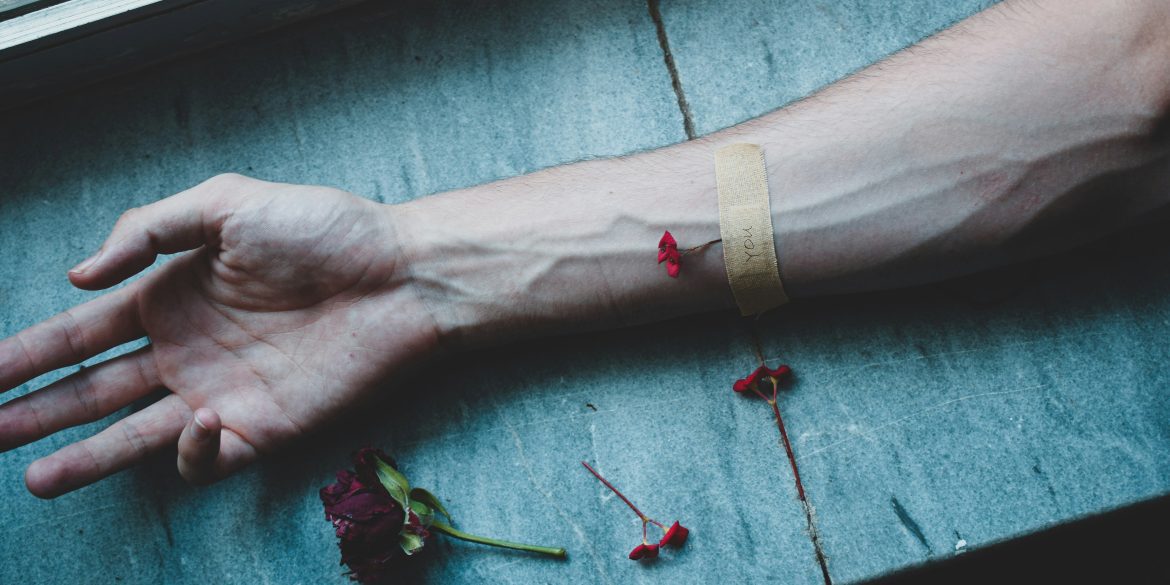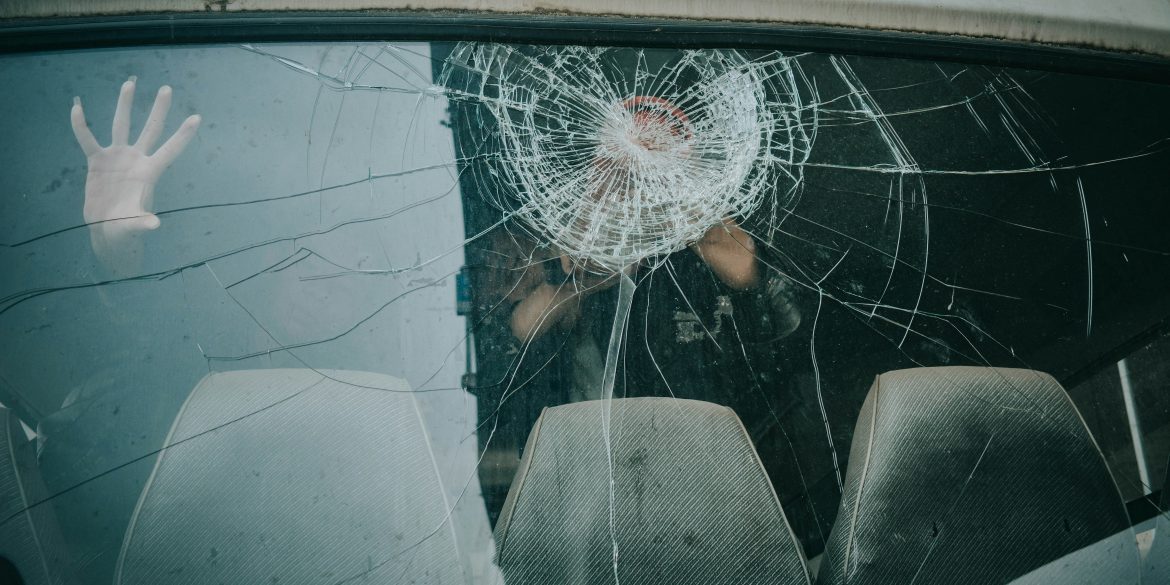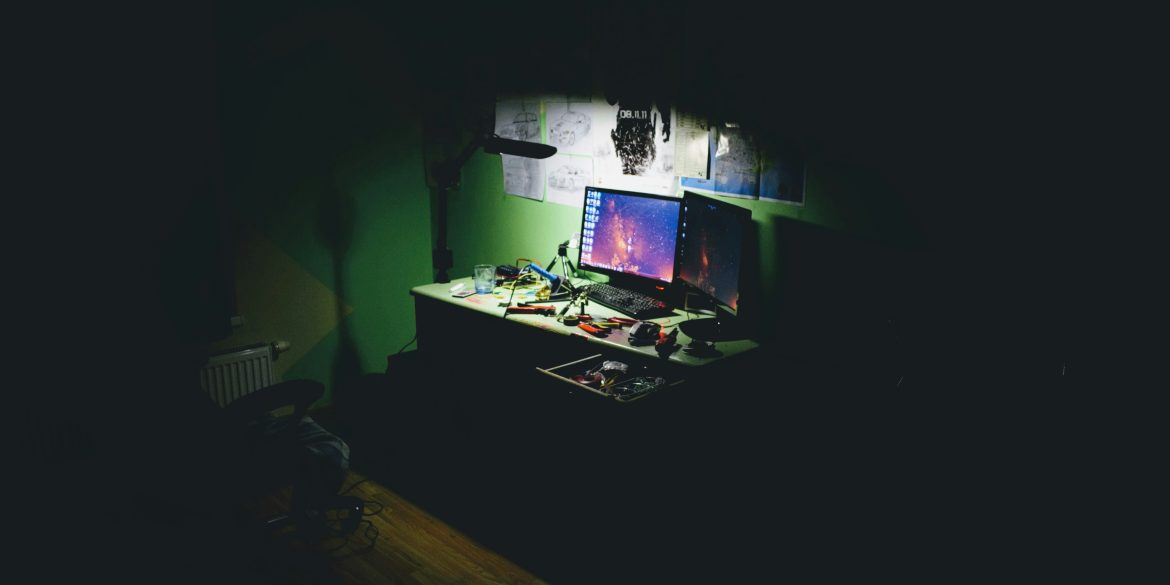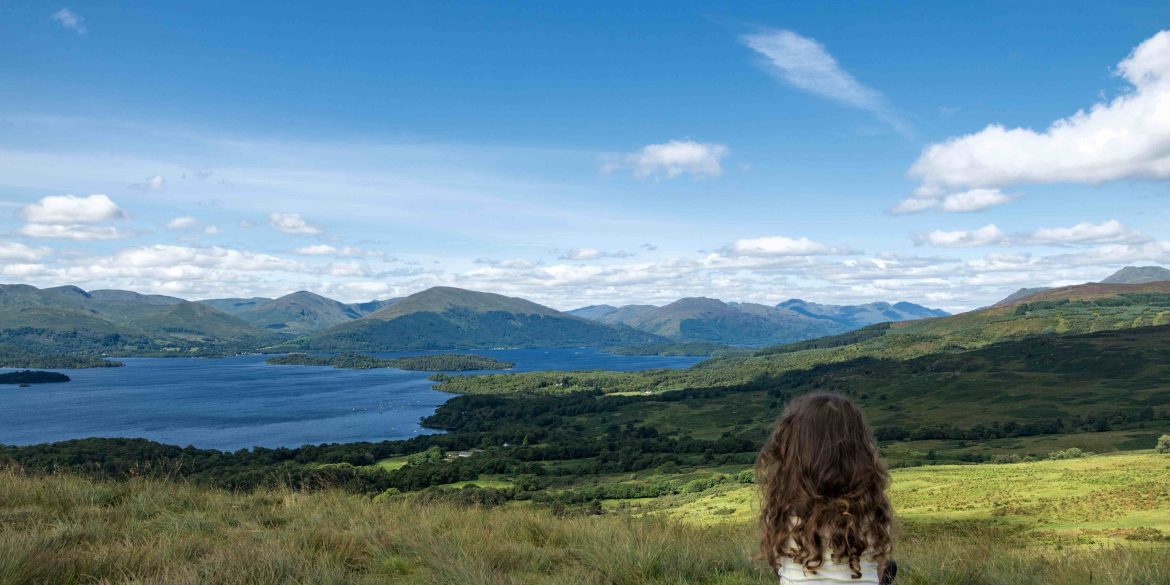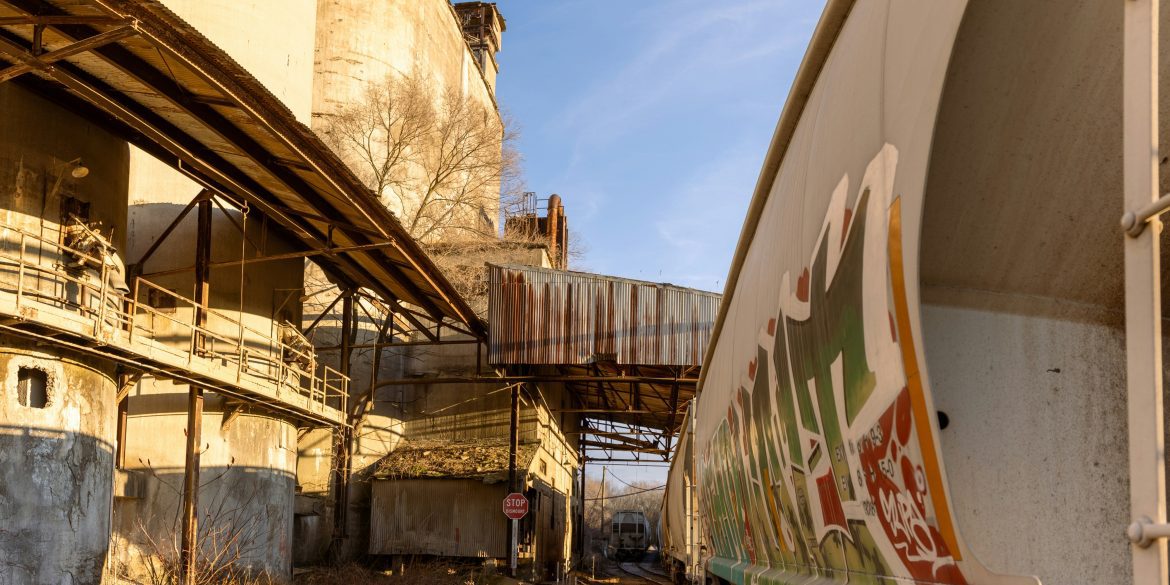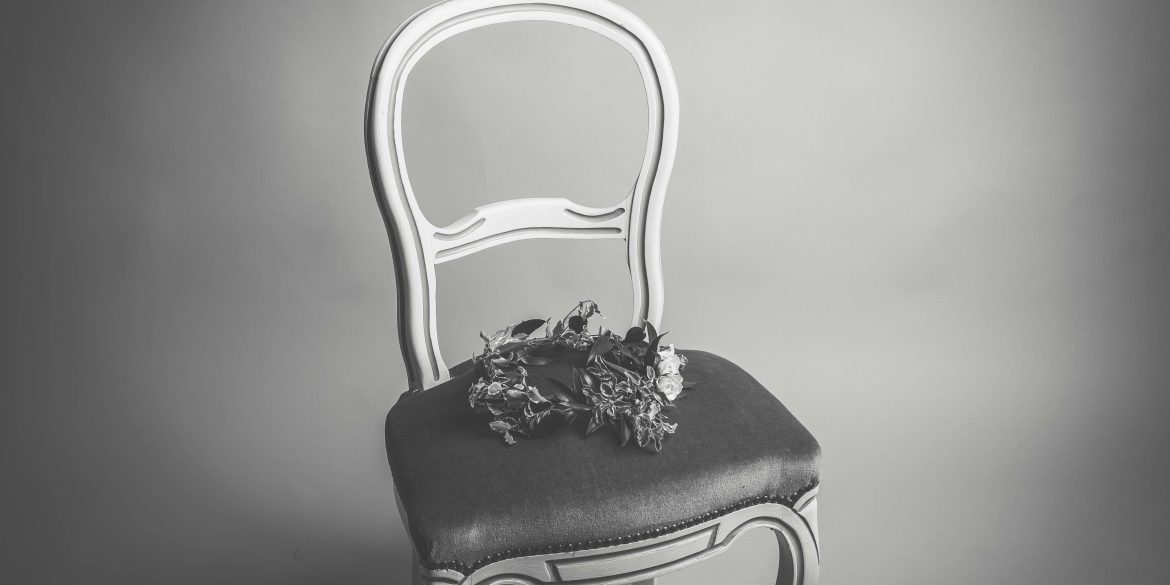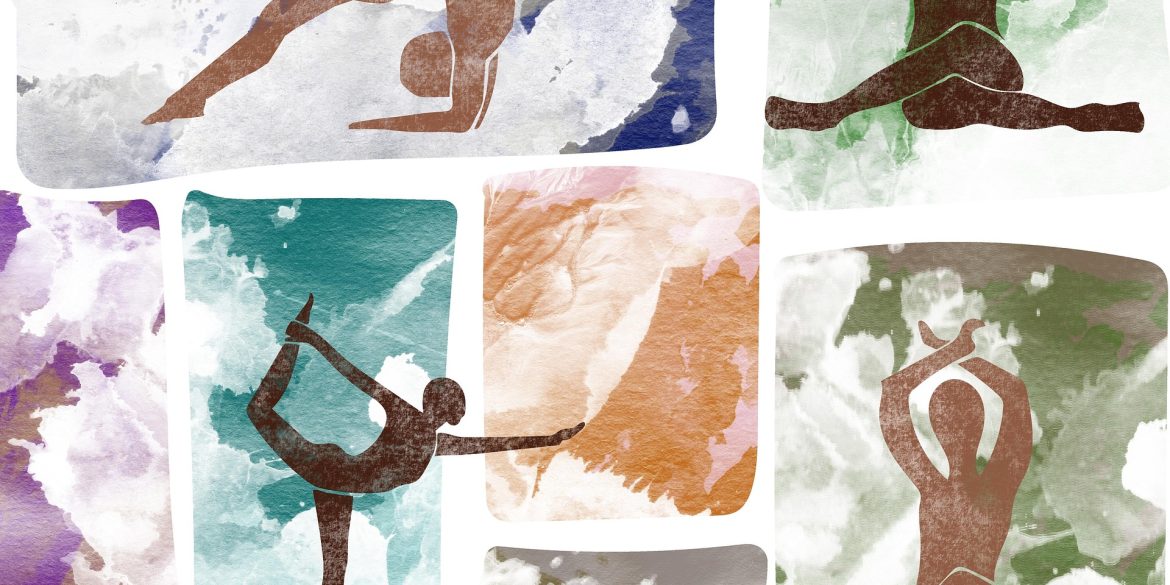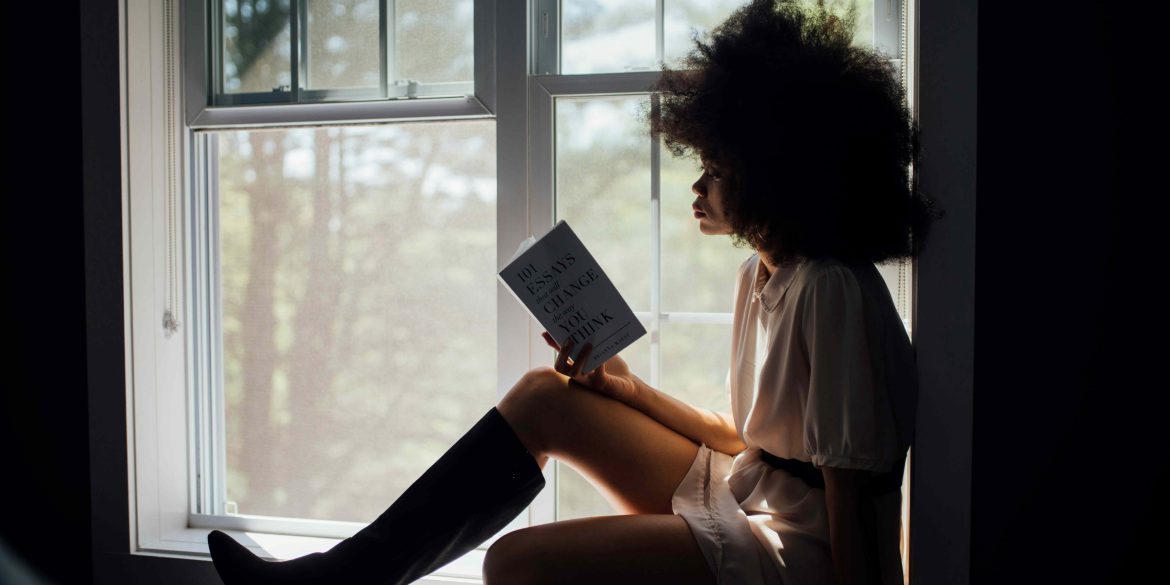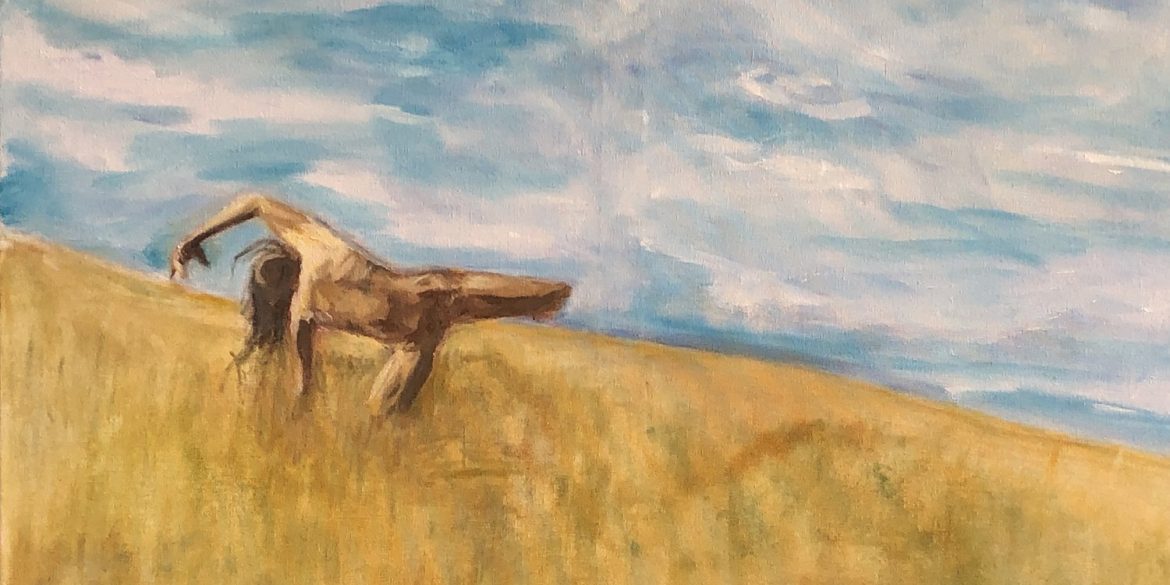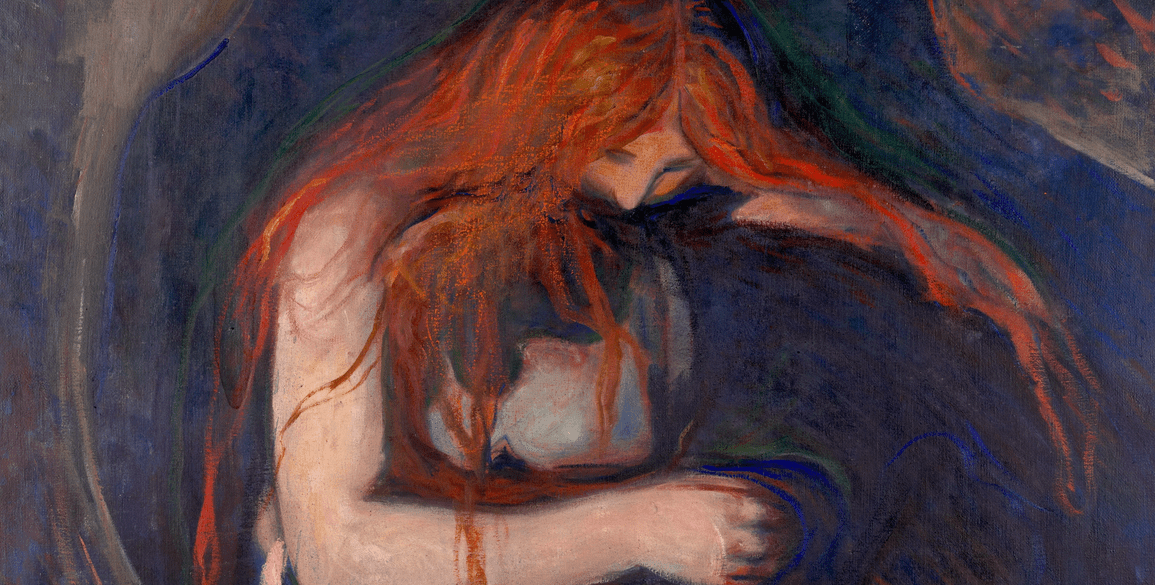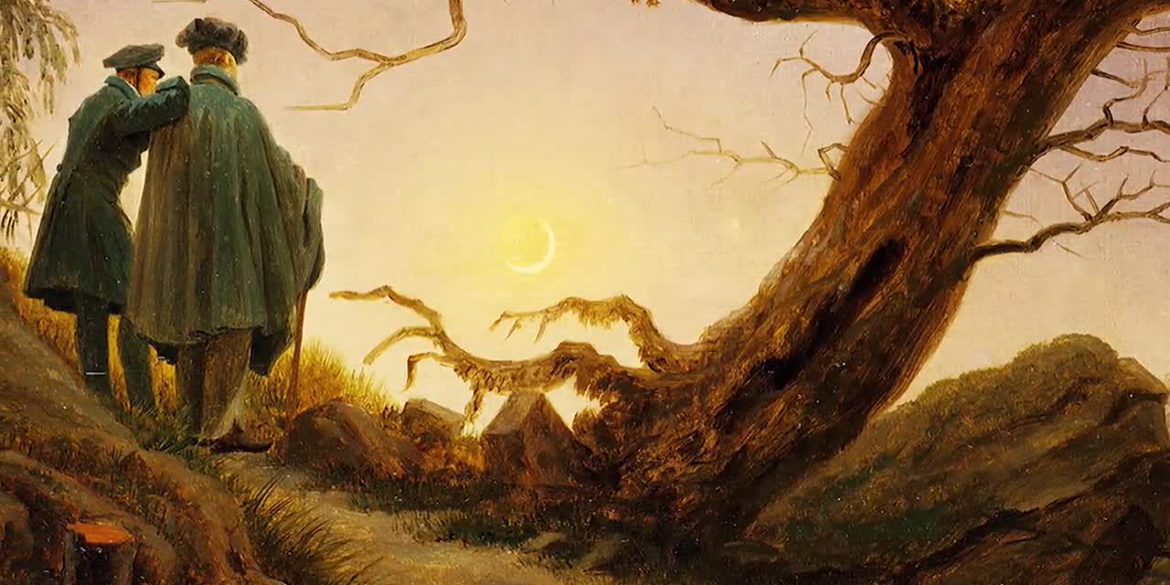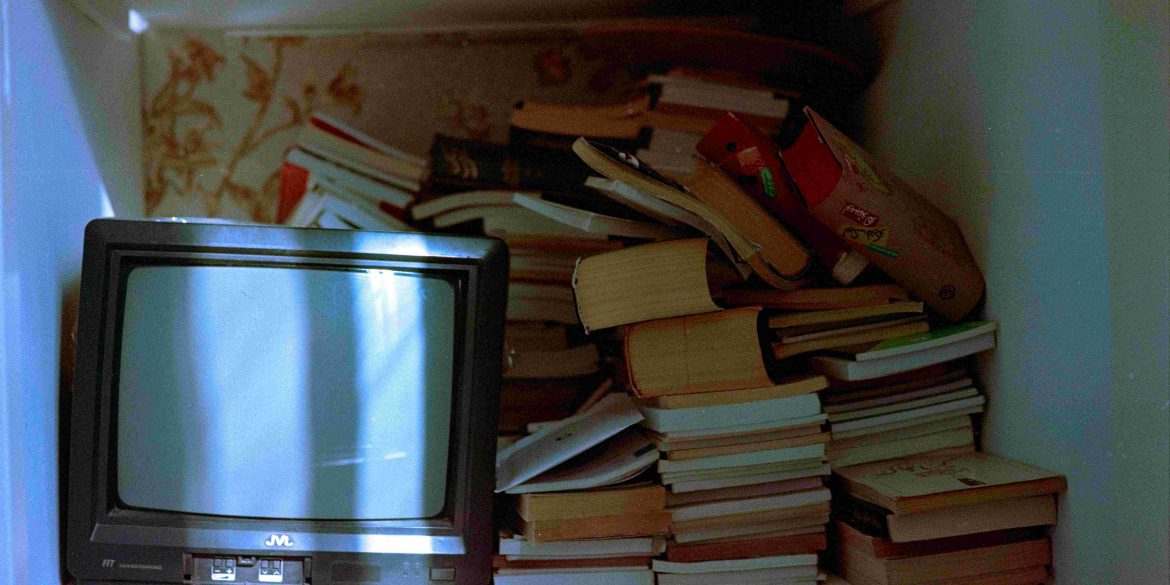This essay describes my experiences of the arts during the Covid-19 when arts and culture organizations had to pivot to virtual offerings.
An empowered inner authenticity that supersedes the pressures faced by twenty-first century generations - striving for an unattainable false perfect ‘self’.
“blackwomanatwork” came out of my experiences working in academia as a first-generation immigrant black woman from the Caribbean.
Commercial genetics has become a cultural phenomenon. In this piece, I use autobiography to document discovering my biological father.
Hard Water: An Autoethnography of American Rust is concerned with the spatial formations of capitalism and the psychology of class hegemony.
Military culture includes a rich collection of symbols, beliefs, values, language, dress, behaviors, relationships, and work.
This essay is about my experience teaching yoga in a California prison.
Eternal Glow: Black Womanhood’s Story Of Love and Resilience Author’s Memo These three poems are autoethnographic as they utilize personal...
This multimedia essay explores the notion of an “inner landscape,” as well as the creative practice and self-study from which this idea emerged
Through our collaborative autoethnography, we learned that intentionally spending time with grief is well worth the effort.
This autoethnography about same-sex love poses spiritual debate on the processes of grieving and interment.
In this work, I unpack how realizing my queerness has influenced how I write my poetry.


